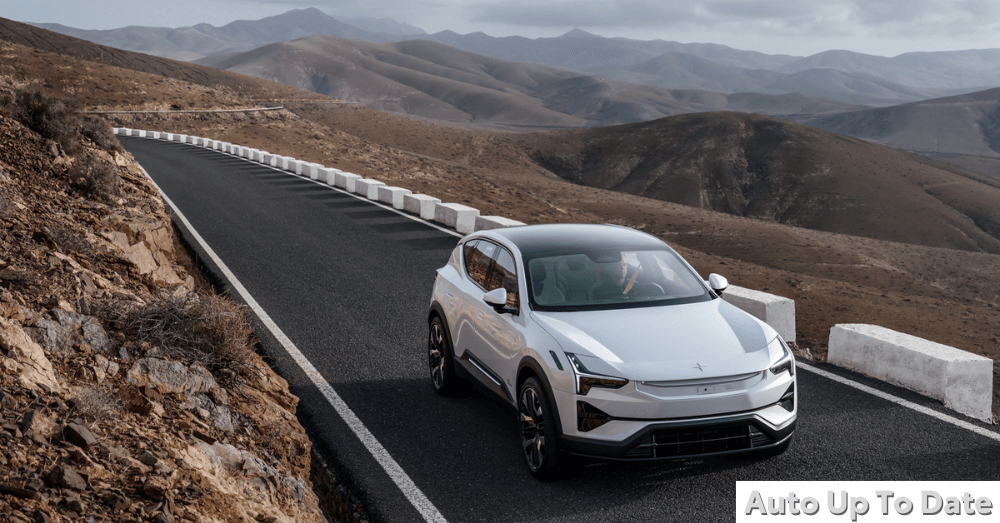Hybrid cars hit the market around the year 2000 with the Toyota Prius leading the way. These cars demonstrated impressive fuel economy but were often considered boring and slow. It wasn’t until roughly a decade later that EV models started to appear, starting with the Tesla Roadster. The appeal of EVs was limited at the time due to their short ranges, but both vehicle types have come a long way since.
Range and Fuel Efficiency
These may appear to be the same thing at first glance, but not quite. Range is how far a vehicle can travel without recharging or refueling. Hybrid cars win this category because they can travel over 500 miles on a full tank of gas as their electric motors provide more fuel efficiency than a regular gas-powered car. On the other hand, EVs have better fuel efficiency as they’re able to convert over 77% of their “fuel” into power. EVs easily get the equivalent of well over 100 MPG vs hybrids which top out at 57 MPG combined.
Refueling and Price Range
You could call this category convenience and affordability. Hybrid cars benefit from the fact that it’s a lot easier to find a gas station than a charging station. It only takes a few minutes to refuel a hybrid, whereas charging takes a long time. Even fast charging takes around 20 minutes. Hybrids also win with price. As hybrid cars have been around for a few decades, the price has come down drastically. There’s usually not much difference between a gas-powered car and its hybrid version. The most affordable EVs are still pushing price ranges around $40,000.
Maintenance
It’s fairly easy to pick electric vehicles in this category. EVs have fewer moving parts than hybrids, which makes them easier and cheaper to maintain. They don’t need oil changes or new spark plugs. You’ll mainly be rotating tires, checking brake condition, and installing new windshield wipers. Hybrid vehicles are still very reliable, but you’ll be doing a lot more regular maintenance on them vs an EV.
Cargo Space
This tends to be an issue when choosing between the two vehicle types because EV models require space for the battery. Hybrid cars used to have this problem before battery design improved. Now, hybrids have tons of room for cargo. For example, the Toyota Grand Highlander Hybrid boasts nearly 100 cubic feet of total cargo space. On the other hand, EV models have less space overall, but they do have a front trunk where the engine would be in a regular car.
Driving Experience
Driving experience is highly variable depending on your personal preferences and both hybrid cars and EV models drive roughly the same as a regular gas-powered car. However, EVs do have a bit of an advantage with their electric motors. When you step on the accelerator, you get 100% of the available torque immediately. There’s no RPM band where the max torque comes from. This makes them great for zipping around until you realize that a heavy foot on the accelerator comes with faster battery drain.
Ultimately, choosing between hybrid cars and EVs depends on your needs and lifestyle. When it comes to long road trips or towing, hybrids are going to win out. If you mainly travel around a small urban area and want freedom from maintenance and fueling, an EV might be the better choice.
This post may contain affiliate links. Meaning a commission is given should you decide to make a purchase through these links, at no cost to you. All products shown are researched and tested to give an accurate review for you.
